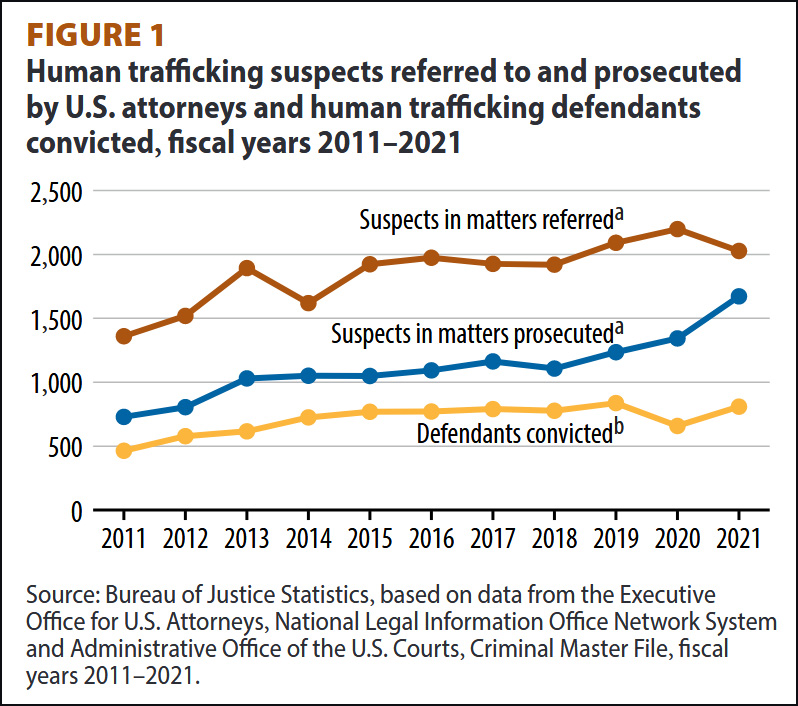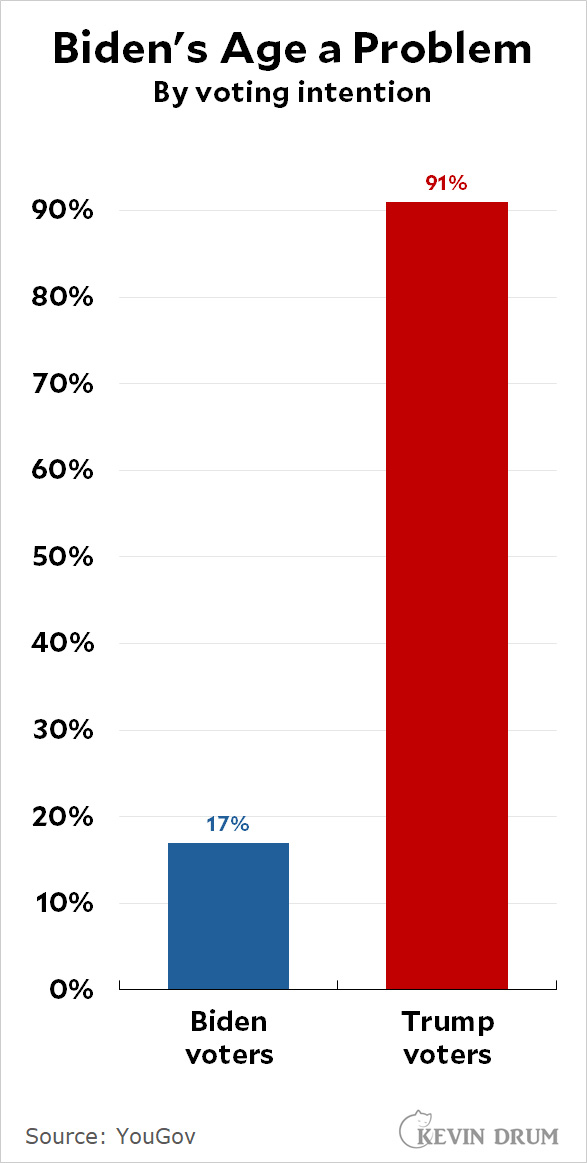I've long argued that eventually AI will get better than human beings at everything, which in turn means we'll all be out of jobs.¹ During the Industrial Revolution this didn't happen because while machines took over a lot of jobs, they also created a lot of new jobs for humans (like designing and maintaining machines). AI is different. If it can do anything, then by definition any new job you can think of can also be done better and cheaper by AI. It's game over.
But along comes Noah Smith with a clever counterargument. He doesn't deny that AI will improve, or even that it will eventually get better at everything. His case is more subtle.
In a nutshell, he suggests that no matter how good AI gets, it will always be valuable enough to be allocated to the highest value tasks. This means there might still be lots of jobs left for humans. Even if we're comparatively lousy at them, it could make sense to keep at them if it frees up AI for more important work.
Here's an example to make this concrete. Suppose we're invaded by aliens who are intent on killing us all. This is an existential threat, and it would therefore make sense to dedicate 100% of our compute power to fighting the aliens. A robot might still be a better farmer than a human, but we'd all grow our own food if it meant increasing the number of robots defending the planet.
So how likely is this? The most obvious real-world answer is that compute power is likely to grow so much that every human task can be done by a fraction of a percent of the world's total AI—and the more AI grows, the tinier the human fraction gets. Technically this doesn't matter: in the case of the alien invasion, for example, you'd still want to use every last petaflop of compute on fighting back no matter how much you had.
But that sort of existential threat is fanciful. In the real world, there are always lots of frictions and adjustments. It seems unlikely that we'd all keep working just because, technically, that last 0.01% of compute power could be put to better use. It would have to be a helluva better use, no? An improvement of 1% in GDP wouldn't cut it.
So it's a nice argument, but I don't buy it. It seems vanishingly unlikely that, politically, we'd condemn ourselves to lives of drudgery based on an ultra-purist free-market promise that it's for the best. We certainly never have before.
¹Or 99% of everything if you insist on believing that chemical computers will always be able to do a few things better than digital computers. It doesn't matter. It's mass unemployment either way.



